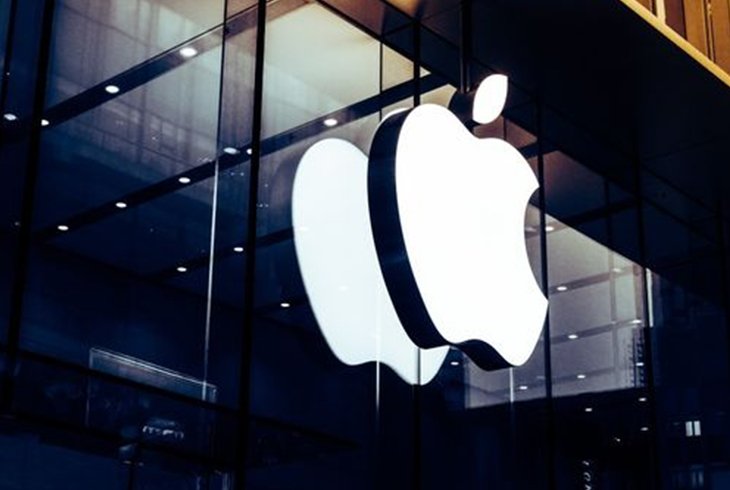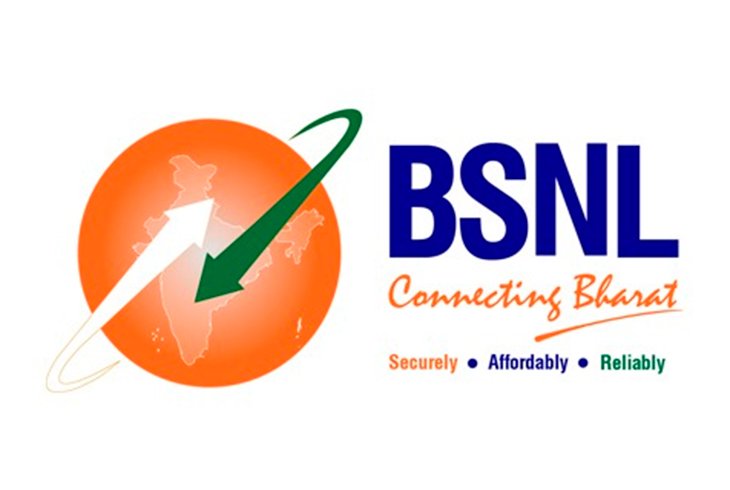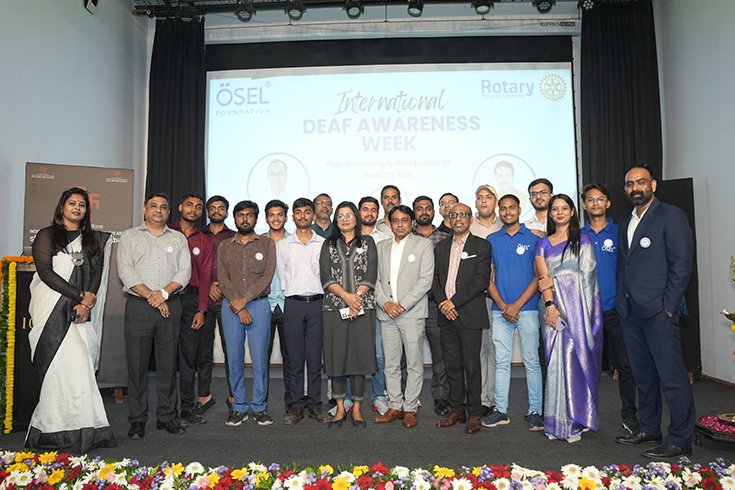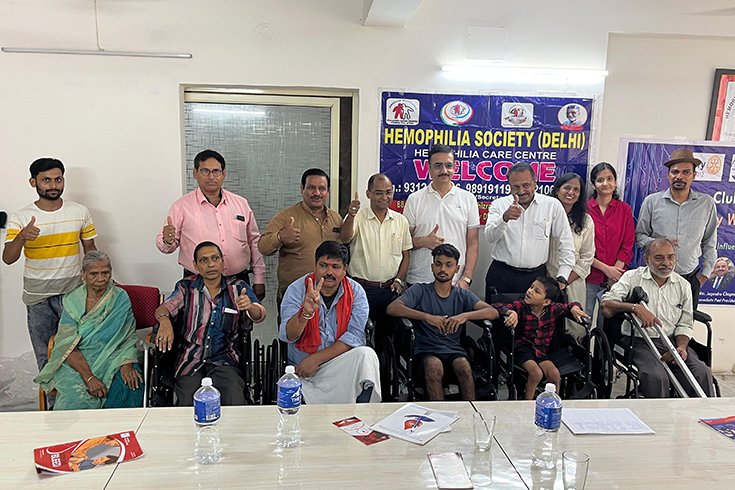The Competition Commission of India (CCI) has imposed a significant fine of ₹213.14 crore ($25.4 million) on Meta, citing its controversial 2021 privacy policy update for WhatsApp. This policy, which required users to share data across Meta's platforms, was deemed unfair and in violation of competition laws.
The 2021
WhatsApp Policy Controversy
In January
2021, WhatsApp introduced new terms of service and a revised privacy policy,
sparking widespread backlash. Users were informed that they had to accept these
new terms by February 8, 2021, to continue using the app. Unlike its 2016
policy, which gave users the option to opt out of data sharing, the 2021 update
made sharing data with Meta companies mandatory.
This
"take-it-or-leave-it" approach effectively forced compliance,
limiting user autonomy and raising concerns about fairness and privacy.
Abuse of
Dominance in India
According to
the CCI, WhatsApp holds a dominant position in India’s market for over-the-top
(OTT) messaging services, while Meta leads the country’s online display
advertising market. The commission noted that WhatsApp’s policy exploited its
dominance, leaving users with limited alternatives and pressuring them into
agreement.
The CCI
ruled that Meta-controlled WhatsApp abused its market power, using its vast
user base to create unfair advantages. It further stated that the 2021 update
facilitated anti-competitive practices by enabling Meta companies to leverage
shared user data for purposes beyond WhatsApp’s services.
Restrictions
on Data Sharing
The CCI has
prohibited WhatsApp from sharing user data with other Meta companies for
advertising or non-WhatsApp-related purposes for five years. The commission
emphasized that sharing such data would harm competition by providing Meta an
outsized advantage in the online advertising market.
Competitive Implications
The watchdog expressed concern that Meta’s access to extensive user data through WhatsApp created significant entry barriers for competitors. By unfairly bolstering Meta's dominance, the policy discouraged innovation and limited opportunities for smaller firms or new entrants in the digital advertising space.
“Sharing
WhatsApp users' data with Meta companies for non-WhatsApp purposes creates an
entry barrier for Meta’s rivals and denies market access to competitors in the
display advertising market,” the CCI stated.
Broader
Implications
This ruling
highlights India's increasing regulatory scrutiny of tech giants and
underscores the growing importance of fair competition and data privacy in the
digital economy. For Meta, the decision serves as a critical reminder of the
need to balance business practices with user rights and market fairness.












